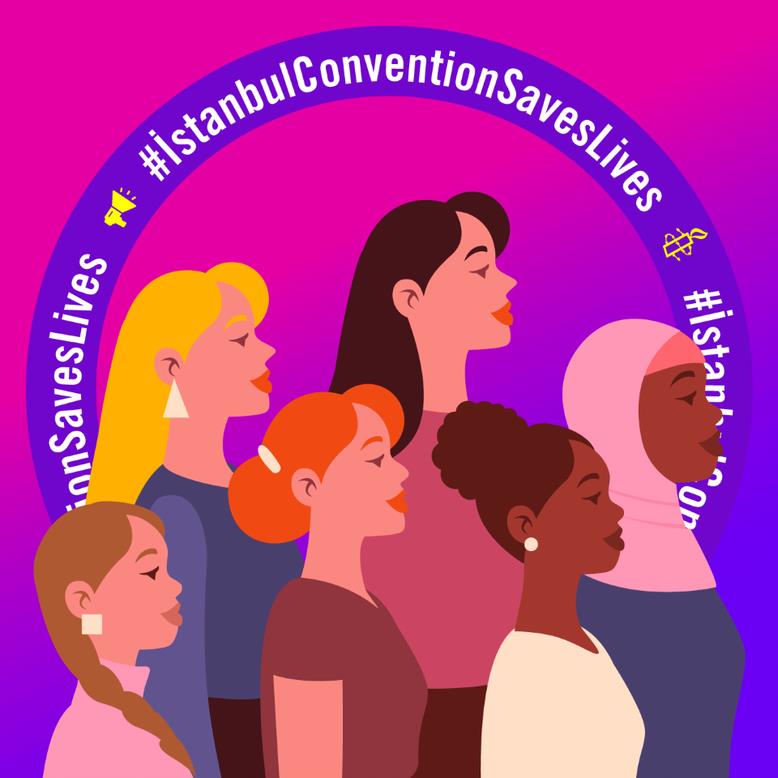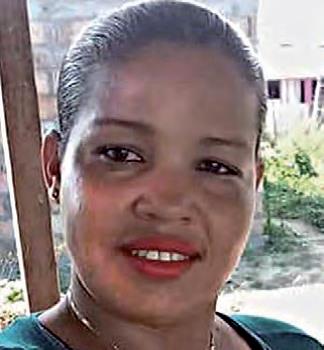HIGHLIGHTS
This month, we update you on developments in Colombia, Brazil, Peru, Venezuela, Argentina, Chile and Ecuador. Amnesty has issued a report, several statements and an Urgent Action in response to the human rights violations committed during the current National Strike and protests in Colombia. We report further indiscriminate shootings by police in Brazil and continuing attacks on indigenous communities. Amnesty has launched a new campaign calling on the Government of Peru to protect indigenous communities at risk from toxic metal contamination. In Venezuela, thousands have fled to Colombia to escape intense clashes between the Venezuelan army and Colombian rebel groups, while there has also been an increase in repression of Human Rights Defenders.
COLOMBIA

As the National Strike moves into its second month, the UN High Commissioner for Human Rights calls for an end to all forms of violence. In only the last three days, 14 people have died, and 98 people have been injured, 54 of them by firearms during violence that erupted in Cali where demonstrations were taking place to commemorate a month of the strike.
On 29 May, President Duque ordered the militarisation of part of the country in response to ongoing anti-government protests and popular uprisings. This increased military control over seven departments. The president also ordered the “maximum deployment of military assistance for the National Police” in Cali and 12 other cities.
Amnesty International’s Secretary General has written an open letter to President Duque, cataloguing human rights abuses committed by the security forces using excessive force against mainly peaceful demonstrators during the National Strike. Amnesty denounces the use of inflammatory language and stigmatising social protest from political leaders and public officials. Amnesty calls on the authorities to ‘Prosecute, and punish all those responsible for human rights violations, including members of the security forces and armed civilians’ groups in fair trials before ordinary civilian courts.’
Amnesty has issued an Urgent Action calling on President Duque to end the violent response of the security forces to protestors, who are calling for better social and economic measures.
Amnesty is calling on the United States to ‘immediately cease the direct or indirect supply, sale, or transfer of equipment used for repression such as small arms, shotguns, and related ammunition; less-lethal equipment, such as tear gas, riot control projectiles and launchers; armoured vehicles, dual-use surveillance technologies, training, and any other technical or financial assistance.’ This is in light of verified visual evidence that United States weapons and equipment are being misused to commit human rights violations against protesters in Colombia
Amnesty has issued a report, Colombia: Concerning reports of disappearances and sexual violence against protesters, including a video showing how the security forces used excessive force against protesters during the early stages of the National Strike.
In another statement, Amnesty has focussed on the violence against indigenous peoples. ‘The attacks by armed civilians, some in the presence of the police, against the Indigenous Minga (gathering) in Cali are a reflection of the ceaseless dynamics of violence in Colombia that have been accentuated during the social protests related to the National Strike.’ Several members of the Regional Indigenous Council of Cauca (CRIC) were injured.
According to The Internal Displacement Monitoring Centre, 106,000 Colombians were forcibly displaced in 2020 despite spending most of last year in Covid-19 lockdown. The Colombian NGO Programa Somos Defensores reports that killings of human rights defenders increased from 124 in 2019 to 199 in 2020, an increase of 60%. We will be analysing who were the targets and who were the perpetrators and why in next month’s newsletter. [Read more…]

